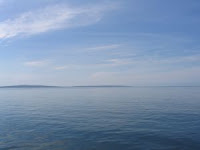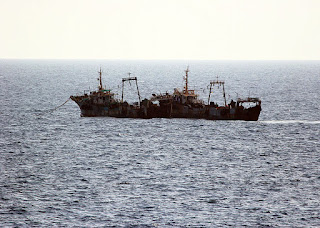The Southern Ocean is Getting Less Salty. Here’s What That Could Mean for the Rest of the World
The Washington Post The ocean surrounding Antarctica has become substantially less salty over the past couple of decades — and until now, scientists weren’t really sure why. But because changes in the Southern Ocean’s salinity have the potential to affect all kinds of important processes, including ocean circulation and its transport of heat and nutrients around the world, researchers have been eager to figure it out. Story here.






